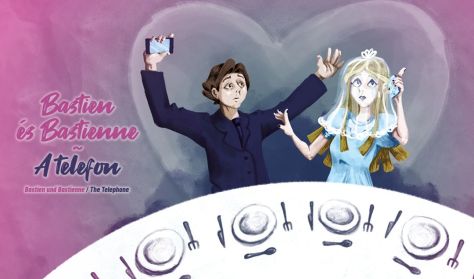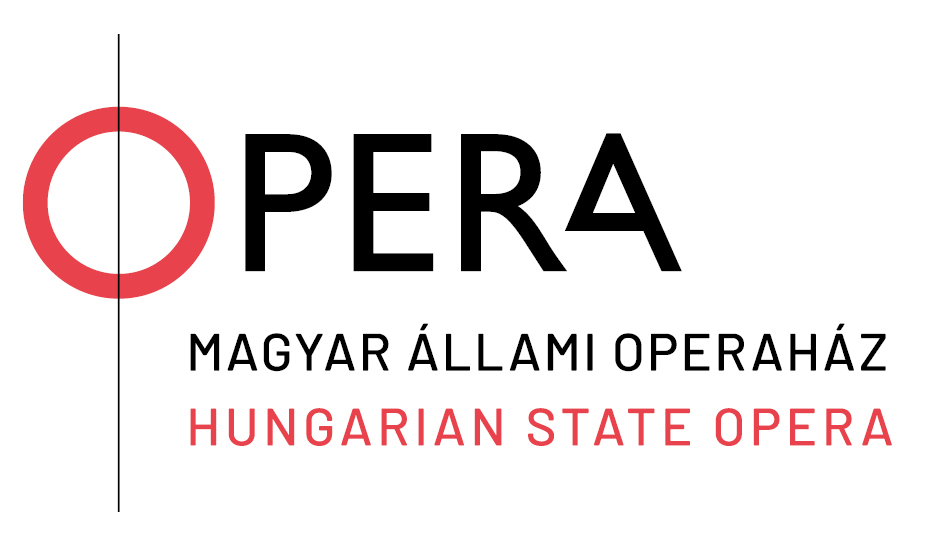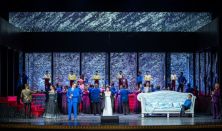
Bastien und Bastienne / The telephone
Andrássy út 22., 1061 Budapest
Wolfgang Amadeus Mozart / Gian Carlo Menotti
BASTIEN UND BASTIENNE / THE TELEPHONE
One-act operas in Hungarian, with Hungarian subtitles
Current events
Bastien und Bastienne
Wolfgang Amadeus Mozart was barely 12 years old when he composed his bucolic little opera, Bastien et Bastienne, which was performed at an “alternative location”, in the garden of a certain Doctor Mesmer whose studies of magnetism are referred to with such comical effect towards the end of Mozart's career as an opera composer, namely, in Così fan tutte. According to the sources, the young Wolfgang wrote Colas's wizard aria in gibberish himself (“Diggi, daggi, schurri, murri...”), and in the overture we can discover a real curiosity: the main theme is practically the same main theme in the first movement of Beethoven's Eroica composed much later…
Bastien is now presented to young audiences as a love story with a bit of magic, at a truly alternative location: on the front stage of Opera House auditorium, on the raised platform of the orchestra pit – under Károly Lotz's famous ceiling fresco.
Libretto by: Friedrich Wilhelm Weiskern, Johann Heinrich Müller, Johann Andreas Schachtner
Director: Andrea Valkai
Set and costume designer: Zsófia Mihály-Geresdi
Dramaturg, spoken text: Enikő Perczel
Shadow play choreographer: Domokos Kovács
Animation designer: Zsombor Czeglédi
Artistic assistant: Attila Toronykőy
Gian Carlo Menotti
The Telephone
When it premiered in 1947, Menotti’s one-act opera was a funny jab at the modern world. But today it is a tragicomic view of a symptom of our modern world: mobile communication has redefined our world and has given new meaning to the piece. Our production places the story in the business of a modern big city and tells the story of not just two people, but the generation that lives its life over the phone, in emails, and on social media platforms while slowly forgetting to look into other people’s eyes. Chamber opera with contemporary physical theatrical elements and (maybe) a happy end.
András Almási-Tóth’s production is adapted for young audiences by Andrea Valkai.
Composer and librettist: Gian Carlo Menotti
Hungarian text Klára Huszár
Set to the Opera House's stage based on András Almási-Tóth's production by: Andrea Valkai
Set designer: One Nikon
Costume designer: Krisztina Lisztopád
Choreographer: Klári Pataky
Suggestions
Giacomo Puccini TOSCA Opera in three acts, three parts, in Italian, with Hungarian, English, and Italian surtitles
Gaetano Donizetti Lucia di Lammermoor Opera in two acts in Italian with Hungarian, English and Italian surtitles
Giuseppe Verdi LA TRAVIATA Opera in two parts, three acts, in Italian, with Hungarian, English, and Italian subtitles
Warning! The basket time limit is about to expire!
item(s) in basket
total:
Time limit has expired. Please, put item(s) in to basket again.








